My Elderly Mother Is Consuming My Life — What Can I Do?
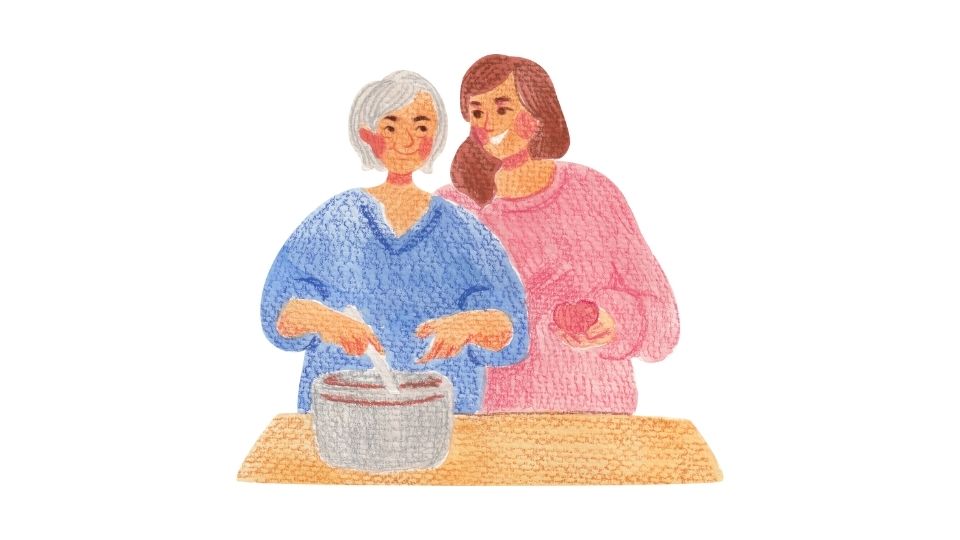
When your elderly mom starts consuming your life, it’s like watching a slow-motion tsunami roll in.
You started with good intentions—helping Mom with a few doctor’s appointments, picking up groceries, maybe managing some paperwork. But somehow, you’ve become a full-time caregiver, on-call 24/7, with your own life fading into the background.
If you’re nodding your head right now, you’re not alone. Millions of adult children find themselves drowning in caregiver responsibilities, often unprepared for how completely it can take over their lives.
Let’s talk about what happens when Mom’s care becomes your whole world, how it affects your health, and most importantly—what you can actually do about it.
When Mom’s Care Consumes Your Life: Recognizing the Signs
Have you noticed that conversations with friends now revolve entirely around your mother’s health? Or that you haven’t had a full night’s sleep in weeks? These are warning signs that caregiving is consuming your life.
The Warning Signs You’re Drowning
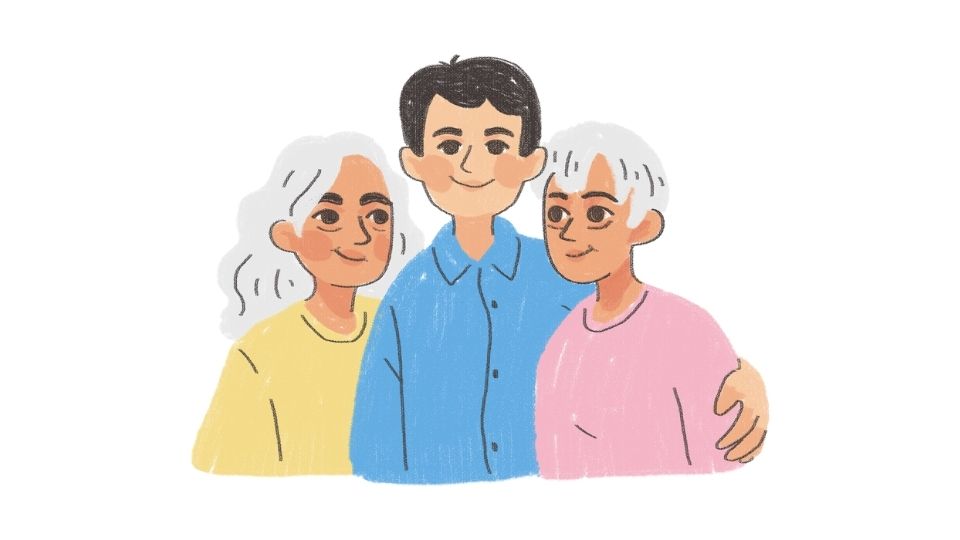
When caregiving takes over, your body and mind will let you know—if you’re willing to listen. Here are the signals most caregivers experience:
- Constant exhaustion that doesn’t go away after a night’s sleep (if you even get one)
- Emotional rollercoasters where you swing between guilt, resentment, and overwhelming sadness
- Social disappearing act as friends stop calling because you’ve canceled plans one too many times
- Health neglect where your own doctor appointments and self-care fall to the bottom of the priority list
- Work struggles as you juggle caregiving duties with professional responsibilities
- Feeling trapped in a situation you never signed up for
If you’re an only child, this burden multiplies exponentially. No siblings means no one to share the load, no one to vent to who truly understands, and no backup plan when you need a break. Research shows that only children caregivers experience higher rates of depression and financial strain compared to those with siblings.
The Parent-Child Role Reversal
Remember when Mom used to take care of your every need? Now the roles have flipped, and it feels weird.
This role reversal creates a psychological minefield. One minute you’re making decisions about her healthcare (like you’re the parent), and the next minute she’s criticizing how you fold laundry (like you’re still her child).
“I feel like I’m parenting my parent,” is something I hear from almost every caregiver I talk to. It’s disorienting and emotionally complex.
Your Health Takes the Hit
The physical toll of caregiving isn’t just feeling tired—it’s serious business. Studies consistently show that long-term caregivers experience:
- Weakened immune systems making you more vulnerable to everything from colds to chronic conditions
- Increased risk of heart disease and stroke from chronic stress
- Higher rates of depression and anxiety compared to non-caregivers
- Sleep disorders that further compromise your health
- Memory and concentration problems that affect every area of life
How to Take Back Your Life Without Abandoning Mom
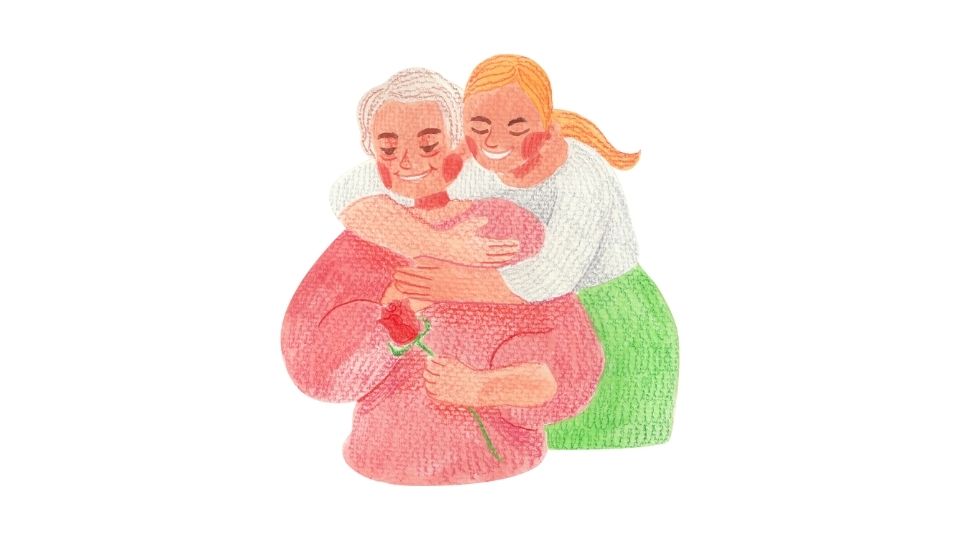
The good news? You can be a good daughter or son without sacrificing your entire existence. But it requires intentional action and sometimes, uncomfortable changes.
1. Accept That You Can’t Do It All (And That’s OK)
The superhero caregiver myth needs to die. Nobody—not even healthcare professionals—can provide round-the-clock care indefinitely without support.
Start by giving yourself permission to have limits. This isn’t selfish—it’s necessary.
“The first step is the hardest: acknowledging that you need help isn’t a sign of failure,” says Amy Goyer, AARP’s family caregiving expert. “It’s actually a sign of wisdom and strength.”
2. Build Your Caregiver Support System
Even if you’re an only child, you don’t have to do this alone. Your support system might include:
- Friends who can provide emotional support or occasional respite
- Extended family who might take on specific tasks
- Caregiver support groups where you can find understanding and practical advice
- Professional caregivers who can provide skilled assistance
- Community resources like adult day programs or meal delivery services
The Family Caregiver Alliance offers excellent resources for finding support in your area.
3. Set Boundaries That Stick
Boundaries aren’t just nice to have—they’re essential for survival as a caregiver.
This might mean:
- Establishing specific hours when you’re available
- Creating a list of tasks you can and cannot handle
- Learning to say “no” without guilt
- Communicating clearly with your mother about your limitations
4. Prioritize Your Non-Negotiable Self-Care
Self-care isn’t selfish—it’s what keeps you functioning. Identify the absolute minimum you need to stay healthy:
- Sleep: Can you arrange overnight care occasionally so you can get a full night’s rest?
- Medical care: Schedule your own doctor appointments and keep them
- Movement: Even 10 minutes of walking can reduce stress hormones
- Mental health: Consider therapy specifically focused on caregiver stress
- Micro-breaks: Find 5-minute pockets throughout the day to breathe, stretch, or step outside
5. Explore Senior Living Options Without Guilt
Sometimes the best care for both you and your mother isn’t in your home. Research indicates that quality of life often improves for both caregivers and care recipients when professional care settings are utilized appropriately.
Options to consider:
- In-home care services ranging from a few hours to 24/7 support
- Adult day programs that provide socialization and supervision
- Assisted living communities that balance independence with support
- Memory care for those with dementia or Alzheimer’s
- Nursing homes for those needing skilled medical care
The Only Child Caregiver: Special Considerations
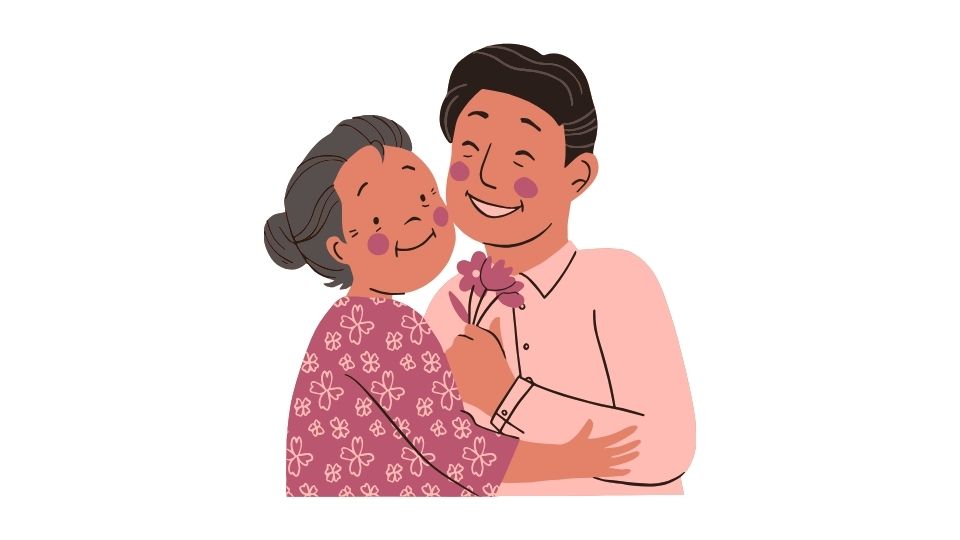
If you’re an only child caregiver, your journey comes with unique challenges. Without siblings to share the emotional and practical burden, you’re carrying the entire weight of your parent’s care.
Build Your “Chosen Family” Support Network
When you don’t have siblings to call for help or just to vent, you need to intentionally build a support network that can function like family.
This might include:
- Close friends who understand your situation
- Cousins or other extended family who can provide occasional support
- Caregiver support groups specifically for only children
- A therapist who specializes in family caregiving dynamics
- Online communities where you can find understanding 24/7
Financial Planning Becomes Critical
Without siblings to share costs, financial planning becomes even more important. Consider working with a financial advisor who specializes in elder care to:
- Maximize your mother’s benefits and insurance coverage
- Plan for potential long-term care needs
- Protect your own financial future while caregiving
- Explore tax deductions and credits available to caregivers
Finding Balance: The Sustainable Caregiving Approach
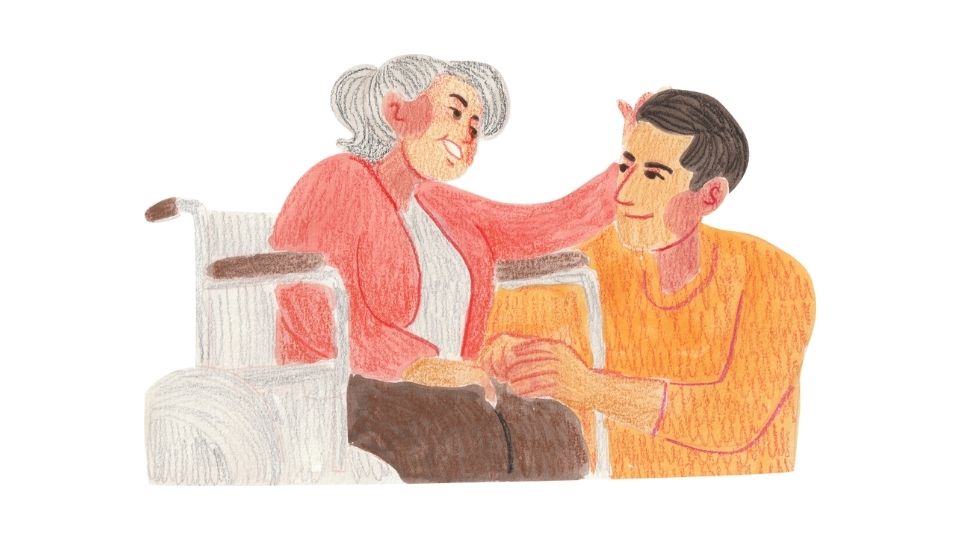
Remember this: The best caregivers aren’t martyrs.
The best caregivers understand that sustainable care requires balance. You can’t pour from an empty cup, and you certainly can’t provide quality care when you’re running on fumes.
Taking care of yourself isn’t just about you—it directly impacts the quality of care your mother receives. When you’re rested, supported, and emotionally balanced, you’re a better caregiver. Period.
So the next time guilt creeps in when you take time for yourself, remember that self-care is actually an essential part of caring for your mom.
The journey of caring for an aging parent is rarely simple or easy, but with the right approach, it doesn’t have to consume your entire life. You can be a loving, attentive caregiver while still maintaining your identity, health, and yes—even happiness.

